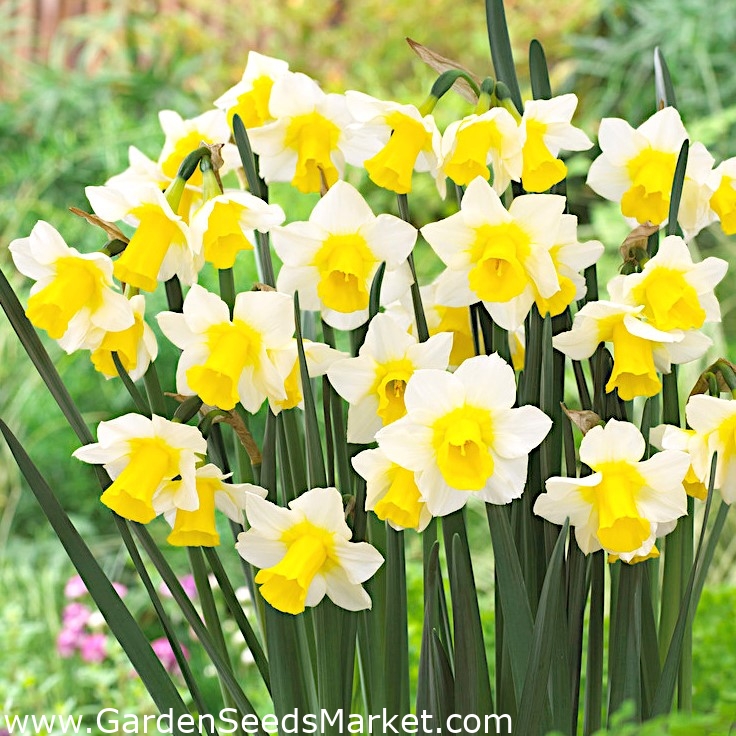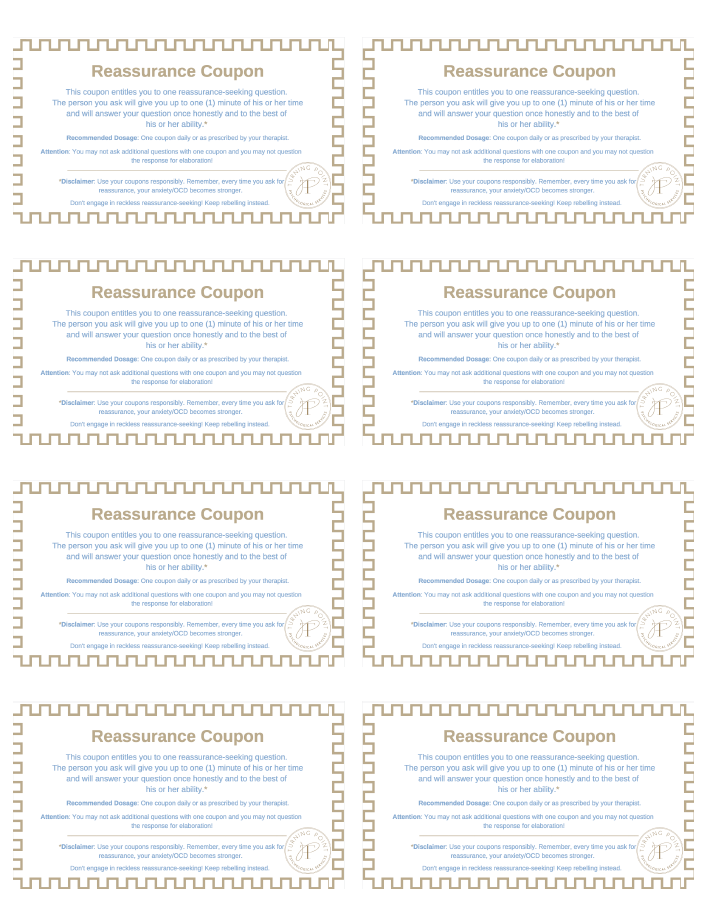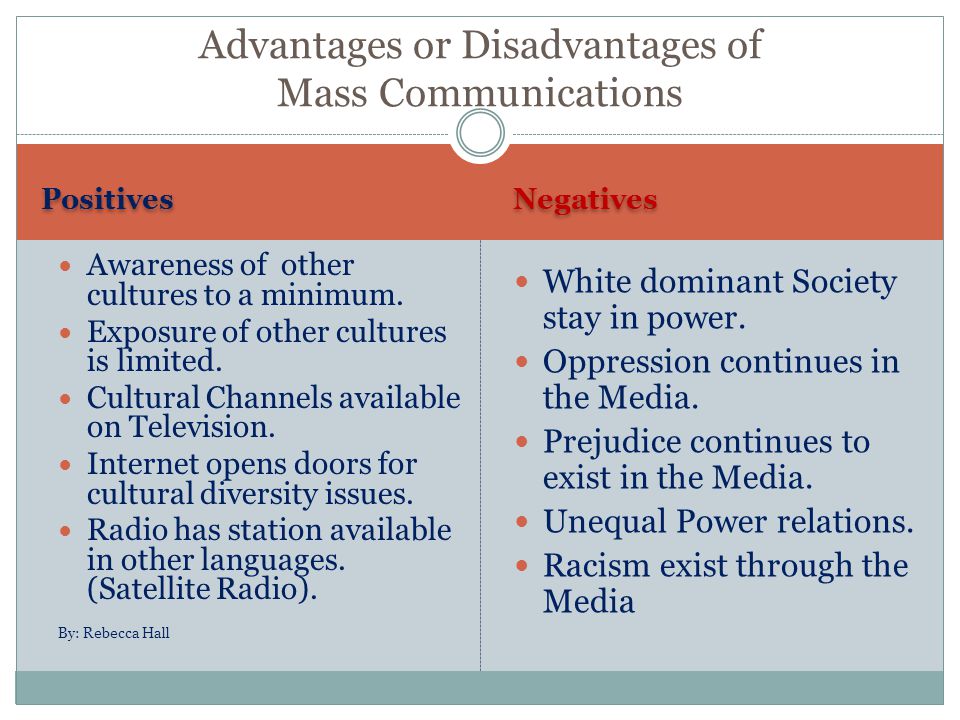Narcissus and echo poem
“Narcissus and Echo” by Fred Chappell – Shenandoah
Shall the water not remember Ember
my hand’s slow gesture, tracing above of
its mirror my half-imaginary airy
portrait? My only belonging longing,
is my beauty, which I take ache
away and then return as love of
of teasing playfully the one being unbeing.
whose gratitude I treasure Is your
moves me. I live apart heart
from myself, yet cannot not
live apart. In the water’s tone, stone?
that shining silence, a flower Hour,
whispers my name with such slight light:
moment, it seems filament of air, fare
the world become cloudswell. well.
Originally published in Shenandoah Issue 50, Volume 1
A North Carolina native, Fred Chappell is the author of numerous books of poetry, including The World Between the Eyes and Midquest, as well as several novels and short story collections. He is the recipient of myriad awards, including the Bollingen Award and the T.S. Eliot Prize. He served as North Carolina’s Poet Laureate from 1997 until 2002.
Chappell’s poem “Narcissus and Echo” recalls the ancient Latin story of the same name that appears in Ovid’s Metamorphoses. Ovid’s tale depicts Echo, a nymph who cannot speak except to repeat the last few words she has heard. Echo sees and falls instantly in love with the beautiful and conceited Narcissus, who famously fell in love with his own reflection in a pool of water. When Narcissus cruelly rejects her, Echo’s body withers away and eventually turns to stone, leaving only her voice to eternally echo throughout the world.
Keeping the original story in mind, the reader can interpret Chappell’s poem as a one-sided dialogue between Echo and Narcissus. The italicized words at the end of each line mimic Echo’s faint, half-heard voice. Like Echo, these words repeat the same sounds as the last words of the non-italicized lines.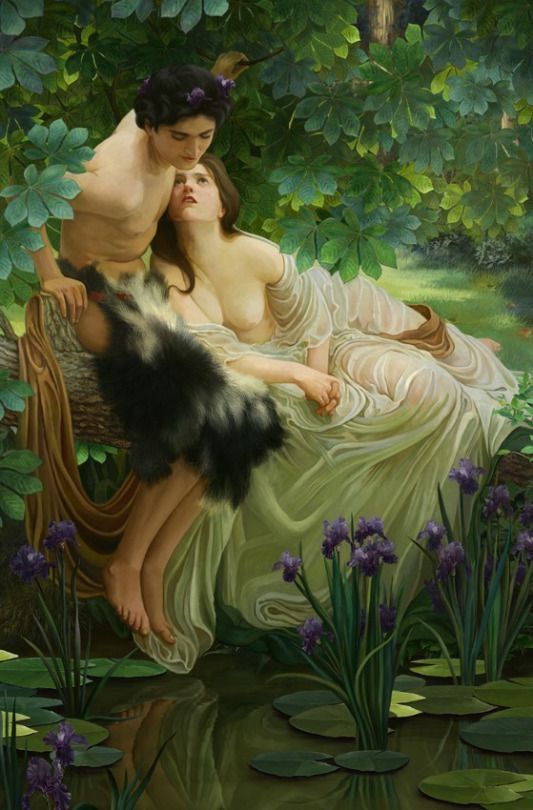 Read together, the italicized words create a message from Echo to Narcissus: “Ember of airy longing, ache of unbeing. Is your heart not stone? Hour, light: fare well”. The words “Ember of airy longing, ache of unbeing” refer to her formless state—one that is more painful because it keeps her from ever being able to accomplish her love in any physical way. Her desperate question for Narcissus—Is your heart not stone?—and final unrecognized goodbye emphasize how lonely and underserved her love is.
Read together, the italicized words create a message from Echo to Narcissus: “Ember of airy longing, ache of unbeing. Is your heart not stone? Hour, light: fare well”. The words “Ember of airy longing, ache of unbeing” refer to her formless state—one that is more painful because it keeps her from ever being able to accomplish her love in any physical way. Her desperate question for Narcissus—Is your heart not stone?—and final unrecognized goodbye emphasize how lonely and underserved her love is.
Since the italicized lines represent Echo’s voice, the upright words must represent Narcissus’s. Juxtaposed next to Echo’s quiet agony, his blind self-absorption strikes the reader as ridiculous. Narcissus, too preoccupied flirting with himself in the water, does not recognize Echo’s last desperate attempt to garner his attention. Instead, he teases his own reflection, playing peek-a-boo with himself in the glassy pool. His absorption is so complete that Echo’s final farewell strikes him as nothing more than a flower’s whisper, “with such slight moment, it seems a filament of air”.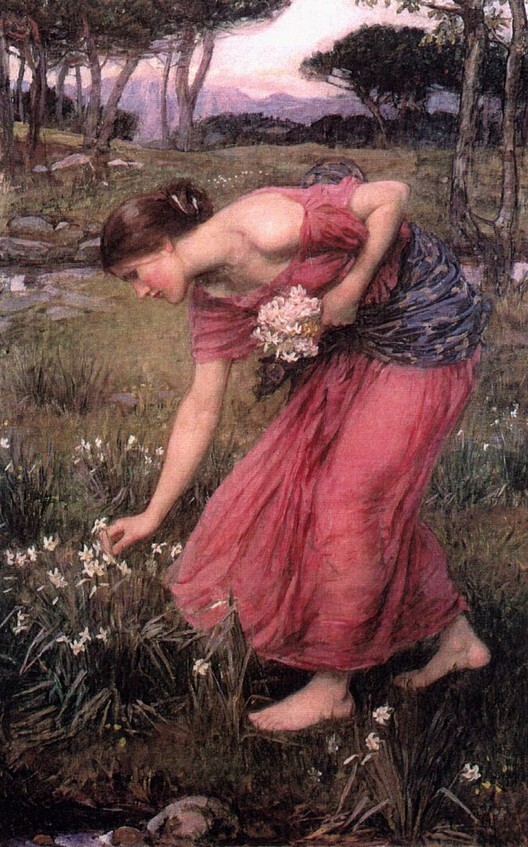 Chappell’s poem leaves the reader with a sense of the tragedy of unrequited, undeserved love, and of the absurdity of narcissism.
Chappell’s poem leaves the reader with a sense of the tragedy of unrequited, undeserved love, and of the absurdity of narcissism.
For more information on Fred Chappell, visit http://www.poetryfoundation.org/bio/fred-chappell
Posted by Emma Nash
Ovid : Echo & Narcissus
Ovid : Echo & Narcissus Ovid's Metamorphoses : Echo and Narcissus Tiresias' fame of prophecy was spread
through all the cities of Aonia,
for his unerring answers unto all
480 who listened to his words. And first of those
that harkened to his fateful prophecies,
a lovely Nymph, named Liriope, came
with her dear son, who then fifteen, might seem
a man or boy--he who was born to her
485 upon the green merge of Cephissus' stream--
that mighty River-God whom she declared
the father of her boy..jpg?mode=max) --
--
she questioned him.
Imploring him to tell her if her son,
490 unequalled for his beauty, whom she called
Narcissus, might attain a ripe old age.
To which the blind seer answered in these words,
"If he but fail to recognize himself,
a long life he may have, beneath the sun,"--
495 so, frivolous the prophet's words appeared;
and yet the event, the manner of his death,
the strange delusion of his frenzied love, confirmed it.
Three times five years so were passed.
Another five-years, and the lad might seem
500 a young man or a boy. And many a youth,
and many a damsel sought to gain his love;
but such his mood and spirit and his pride,
none gained his favour.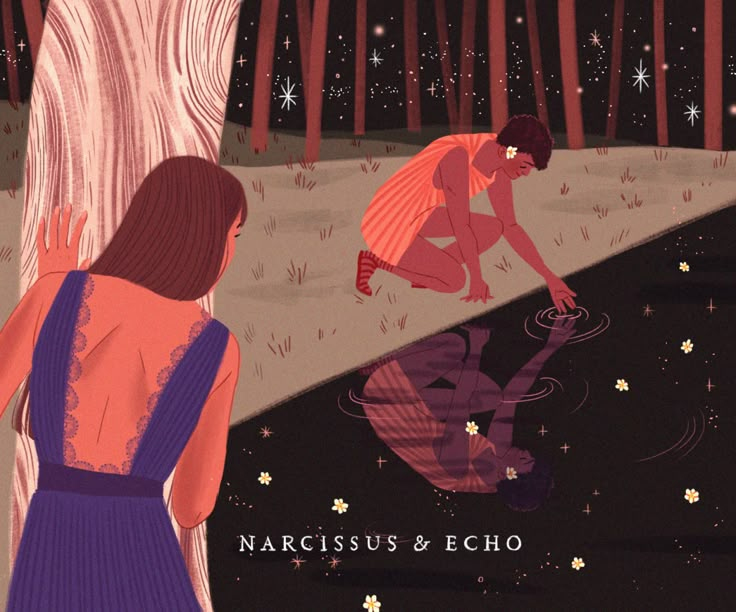
Once a noisy Nymph,
505 (who never held her tongue when others spoke,
who never spoke till others had begun)
mocking Echo, spied him as he drove,
in his delusive nets, some timid stags.--
for Echo was a Nymph, in olden time,--
510 and, more than vapid sound,--possessed a form:
and she was then deprived the use of speech,
except to babble and repeat the words,
once spoken, over and over.
Juno confused
515 her silly tongue, because she often held
that glorious goddess with her endless tales,
till many a hapless Nymph, from Jove's embrace,
had made escape adown a mountain.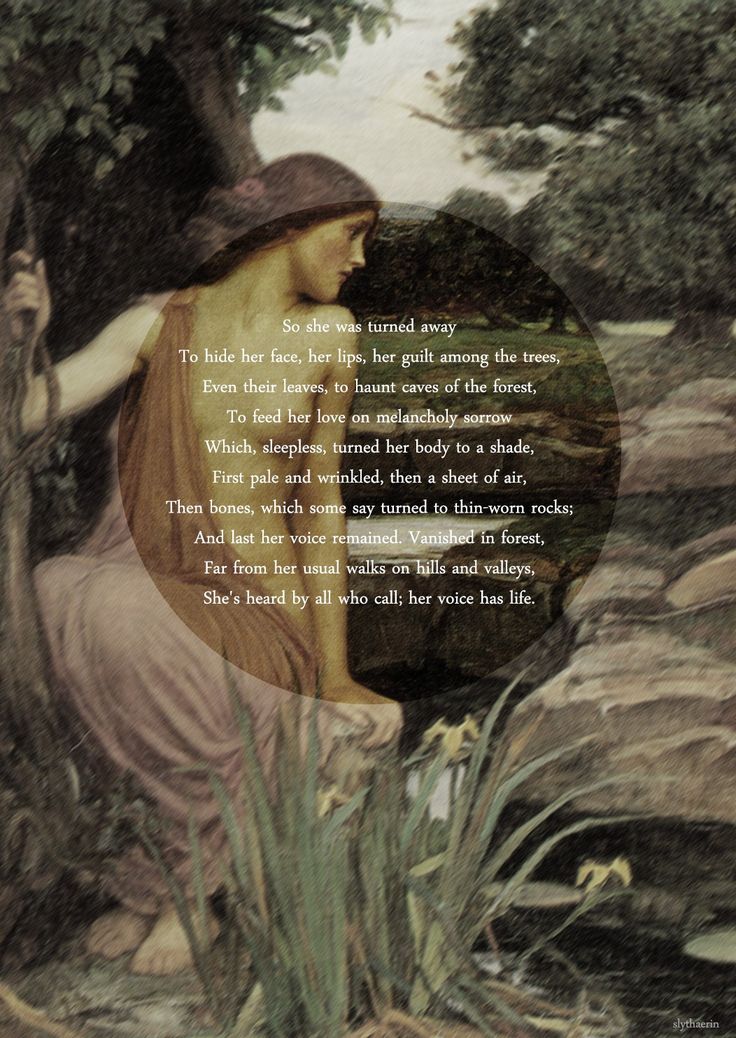 But
But
for this, the goddess might have caught them. Thus
520 the glorious Juno, when she knew her guile;
"Your tongue, so freely wagged at my expense,
shall be of little use; your endless voice,
much shorter than your tongue." At once the Nymph
was stricken as the goddess had decreed;--
525 and, ever since, she only mocks the sounds
of others' voices, or, perchance, returns
their final words.
One day, when she observed
Narcissus wandering in the pathless woods,
530 she loved him and she followed him, with soft
and stealthy tread.--The more she followed him
the hotter did she burn, as when the flame
flares upward from the sulphur on the torch.
Oh, how she longed to make her passion known!
535 To plead in soft entreaty! to implore his love!
But now, till others have begun, a mute
of Nature she must be. She cannot choose
but wait the moment when his voice may give
to her an answer.
540 Presently the youth,
by chance divided from his trusted friends,
cries loudly, "Who is here?" and Echo, "Here!"
Replies. Amazed, he casts his eyes around,
and calls with louder voice, "Come here!" "Come here!"
545 She calls the youth who calls.--He turns to see
who calls him and, beholding naught exclaims,
"Avoid me not!" "Avoid me not!" returns.
He tries again, again, and is deceived
by this alternate voice, and calls aloud;
550 "Oh let us come together!" Echo cries,
"Oh let us come together!" Never sound
seemed sweeter to the Nymph, and from the woods
she hastens in accordance with her words,
and strives to wind her arms around his neck.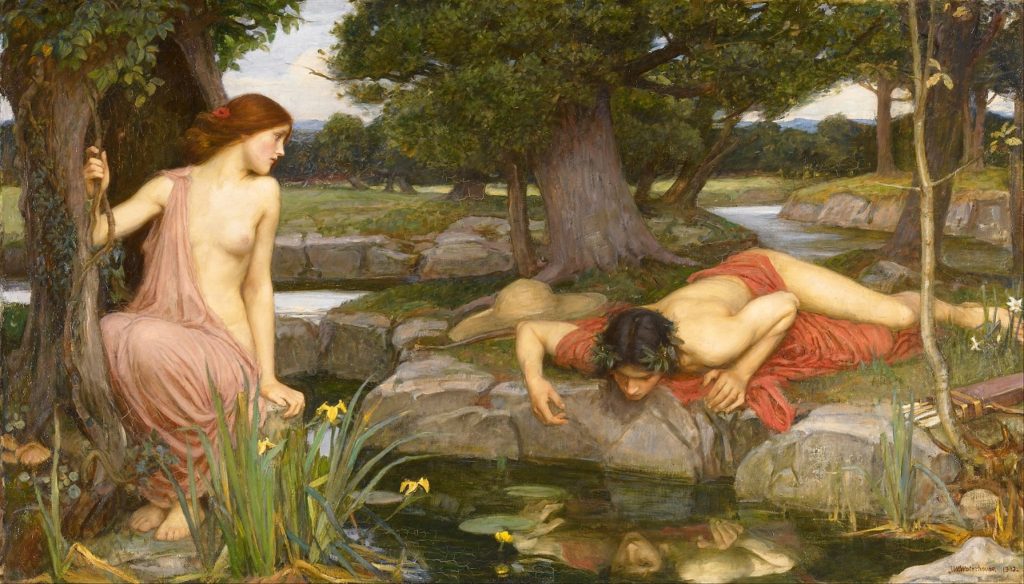
555 He flies from her and as he leaves her says,
"Take off your hands! you shall not fold your arms
around me. Better death than such a one
should ever caress me!" Naught she answers save,
"Caress me!"
560 Thus rejected she lies hid
in the deep woods, hiding her blushing face
with the green leaves; and ever after lives
concealed in lonely caverns in the hills.
But her great love increases with neglect;
565 her miserable body wastes away,
wakeful with sorrows; leanness shrivels up
her skin, and all her lovely features melt,
as if dissolved upon the wafting winds--
nothing remains except her bones and voice--
570 her voice continues, in the wilderness;
her bones have turned to stone. She lies concealed
She lies concealed
in the wild woods, nor is she ever seen
on lonely mountain range; for, though we hear
her calling in the hills, 'tis but a voice,
575 a voice that lives, that lives among the hills.
Thus he deceived the Nymph and many more,
sprung from the mountains or the sparkling waves;
and thus he slighted many an amorous youth.--
and therefore, some one whom he once despised,
580 lifting his hands to Heaven, implored the Gods,
"If he should love deny him what he loves!"
and as the prayer was uttered it was heard
by Nemesis, who granted her assent.
There was a fountain silver-clear and bright,
585 which neither shepherds nor the wild she-goats,
that range the hills, nor any cattle's mouth
had touched--its waters were unsullied--birds
disturbed it not; nor animals, nor boughs
that fall so often from the trees.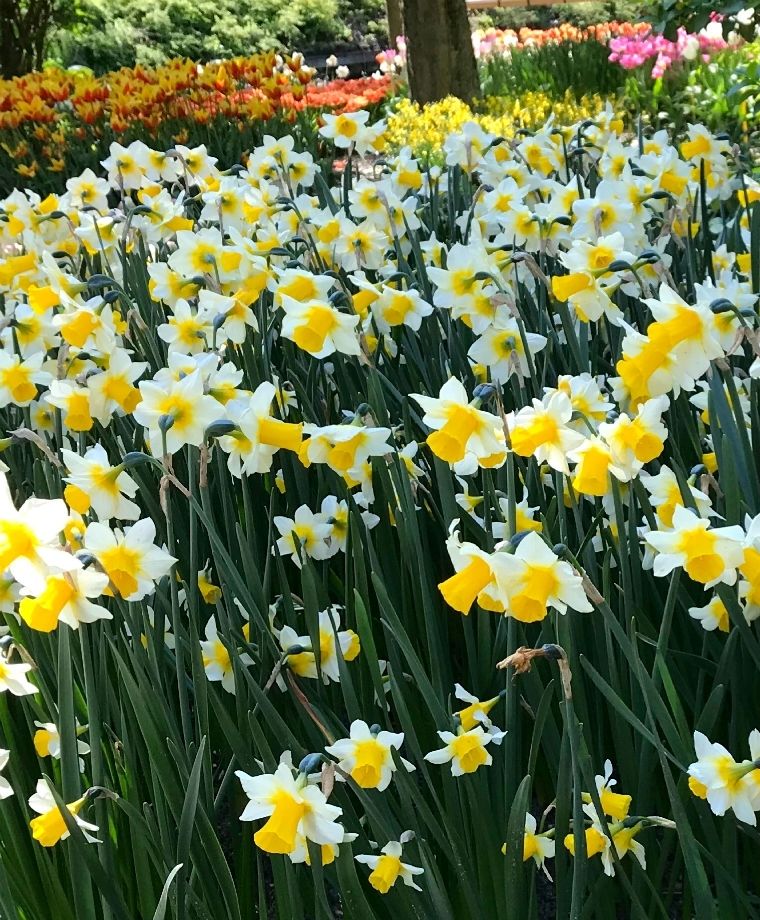 Around
Around
590 sweet grasses nourished by the stream grew; trees
that shaded from the sun let balmy airs
temper its waters. Here Narcissus, tired
of hunting and the heated noon, lay down,
attracted by the peaceful solitudes
595 and by the glassy spring. There as he stooped
to quench his thirst another thirst increased.
While he is drinking he beholds himself
reflected in the mirrored pool--and loves;
loves an imagined body which contains
600 no substance, for he deems the mirrored shade
a thing of life to love. He cannot move,
for so he marvels at himself, and lies
with countenance unchanged, as if indeed
a statue carved of Parian marble.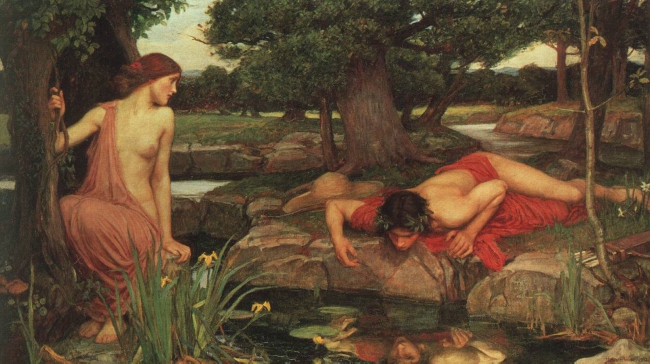 Long,
Long,
605 supine upon the bank, his gaze is fixed
on his own eyes, twin stars; his fingers shaped
as Bacchus might desire, his flowing hair
as glorious as Apollo's, and his cheeks
youthful and smooth; his ivory neck, his mouth
610 dreaming in sweetness, his complexion fair
and blushing as the rose in snow-drift white.
All that is lovely in himself he loves,
and in his witless way he wants himself:--
he who approves is equally approved;
615 he seeks, is sought, he burns and he is burnt.
And how he kisses the deceitful fount;
and how he thrusts his arms to catch the neck
that's pictured in the middle of the stream!
Yet never may he wreathe his arms around
620 that image of himself.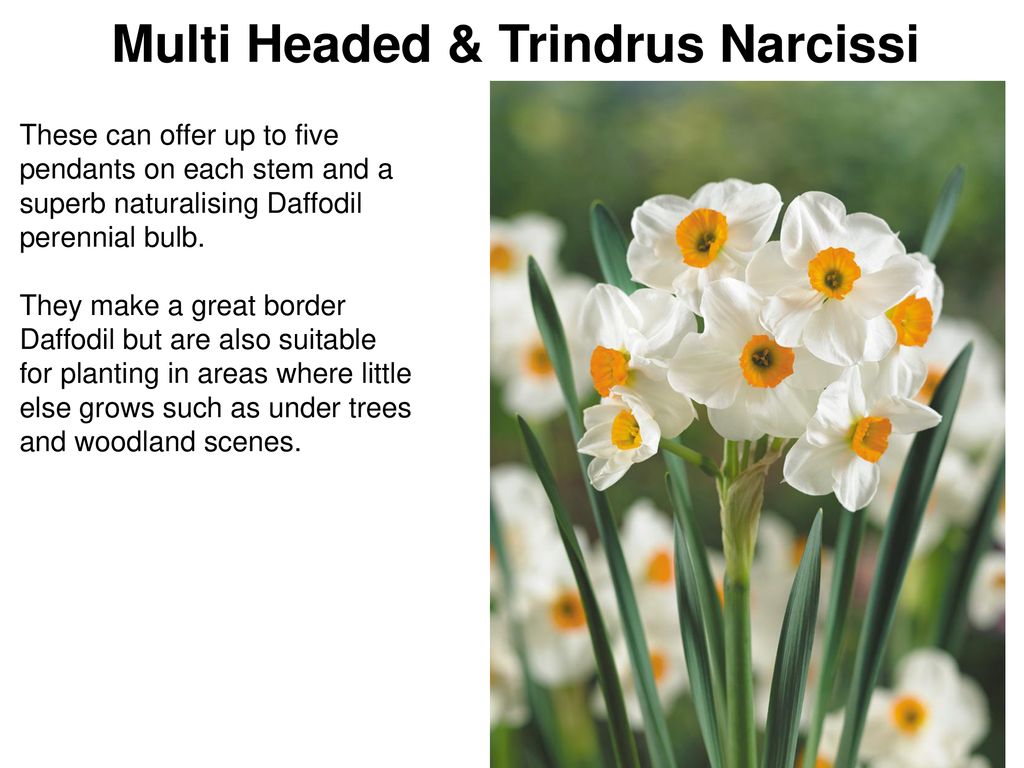 He knows not what
He knows not what
he there beholds, but what he sees inflames
his longing, and the error that deceives
allures his eyes. But why, O foolish boy,
so vainly catching at this flitting form?
625 The cheat that you are seeking has no place.
Avert your gaze and you will lose your love,
for this that holds your eyes is nothing save
the image of yourself reflected back to you.
It comes and waits with you; it has no life;
630 it will depart if you will only go.
Nor food nor rest can draw him thence--outstretched
upon the overshadowed green, his eyes
fixed on the mirrored image never may know
their longings satisfied, and by their sight
635 he is himself undone.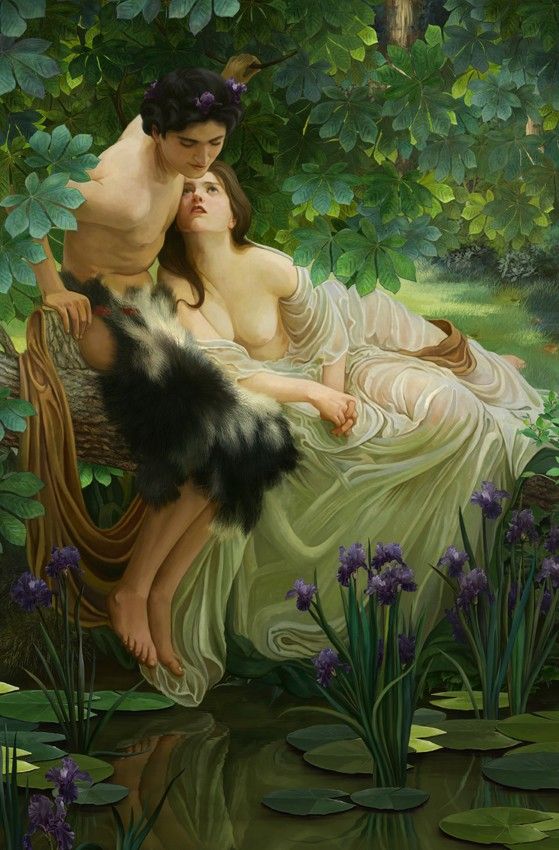 Raising himself
Raising himself
a moment, he extends his arms around,
and, beckoning to the murmuring forest; "Oh,
ye aisled wood was ever man in love
more fatally than I? Your silent paths
640 have sheltered many a one whose love was told,
and ye have heard their voices. Ages vast
have rolled away since your forgotten birth,
but who is he through all those weary years
that ever pined away as I? Alas,
645 this fatal image wins my love, as I
behold it. But I cannot press my arms
around the form I see, the form that gives
me joy. What strange mistake has intervened
betwixt us and our love? It grieves me more
650 that neither lands nor seas nor mountains, no,
nor walls with closed gates deny our loves,
but only a little water keeps us far
asunder.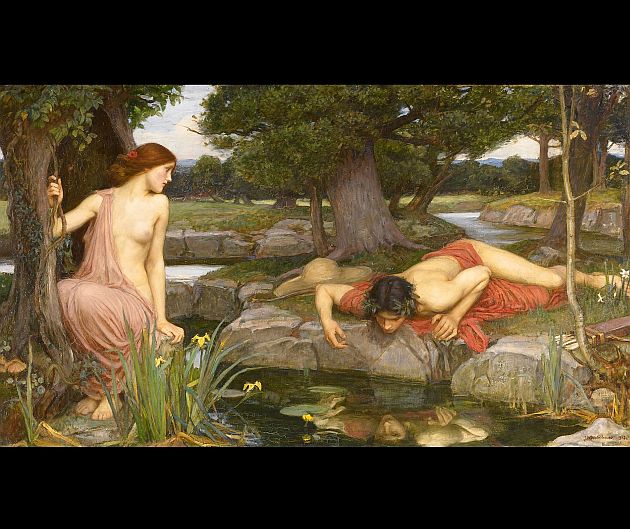 Surely he desires my love
Surely he desires my love
and my embraces, for as oft I strive
655 to kiss him, bending to the limpid stream
my lips, so often does he hold his face
fondly to me, and vainly struggles up.
It seems that I could touch him. 'Tis a strange
delusion that is keeping us apart.
660 "Whoever thou art, Come up! Deceive me not!
Oh, whither when I fain pursue art thou?
Ah, surely I am young and fair, the Nymphs
have loved me; and when I behold thy smiles
I cannot tell thee what sweet hopes arise.
665 When I extend my loving arms to thee
thine also are extended me -- thy smiles
return my own. When I was weeping, I
have seen thy tears, and every sign I make
thou cost return; and often thy sweet lips
670 have seemed to move, that, peradventure words,
which I have never heard, thou hast returned.
"No more my shade deceives me, I perceive
'Tis I in thee--I love myself--the flame
arises in my breast and burns my heart--
675 what shall I do? Shall I at once implore?
Or should I linger till my love is sought?
What is it I implore? The thing that I
desire is mine--abundance makes me poor.
Oh, I am tortured by a strange desire
680 unknown to me before, for I would fain
put off this mortal form; which only means
I wish the object of my love away.
Grief saps my strength, the sands of life are run,
and in my early youth am I cut off;
685 but death is not my bane--it ends my woe.--
I would not death for this that is my love,
as two united in a single soul
would die as one. "
"
He spoke; and crazed with love,
690 returned to view the same face in the pool;
and as he grieved his tears disturbed the stream,
and ripples on the surface, glassy clear,
defaced his mirrored form. And thus the youth,
when he beheld that lovely shadow go;
695 "Ah whither cost thou fly? Oh, I entreat
thee leave me not. Alas, thou cruel boy
thus to forsake thy lover. Stay with me
that I may see thy lovely form, for though
I may not touch thee I shall feed my eyes
700 and soothe my wretched pains." And while he spoke
he rent his garment from the upper edge,
and beating on his naked breast, all white
as marble, every stroke produced a tint
as lovely as the apple streaked with red,
705 or as the glowing grape when purple bloom
touches the ripening clusters.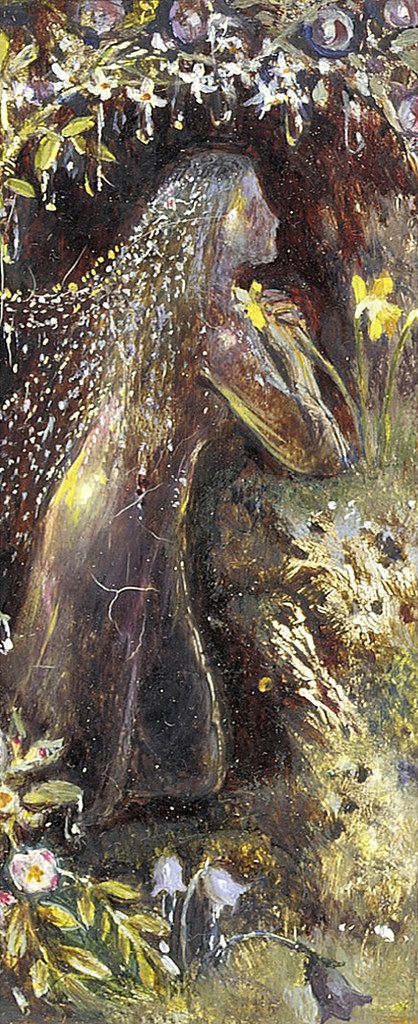
When as glass
again the rippling waters smoothed, and when
such beauty in the stream the youth observed,
710 no more could he endure. As in the flame
the yellow wax, or as the hoar-frost melts
in early morning 'neath the genial sun;
so did he pine away, by love consumed,
and slowly wasted by a hidden flame.
715 No vermeil bloom now mingled in the white
of his complexion fair; no strength has he,
no vigor, nor the comeliness that wrought
for love so long: alas, that handsome form
by Echo fondly loved may please no more.
720 But when she saw him in his hapless plight,
though angry at his scorn, she only grieved.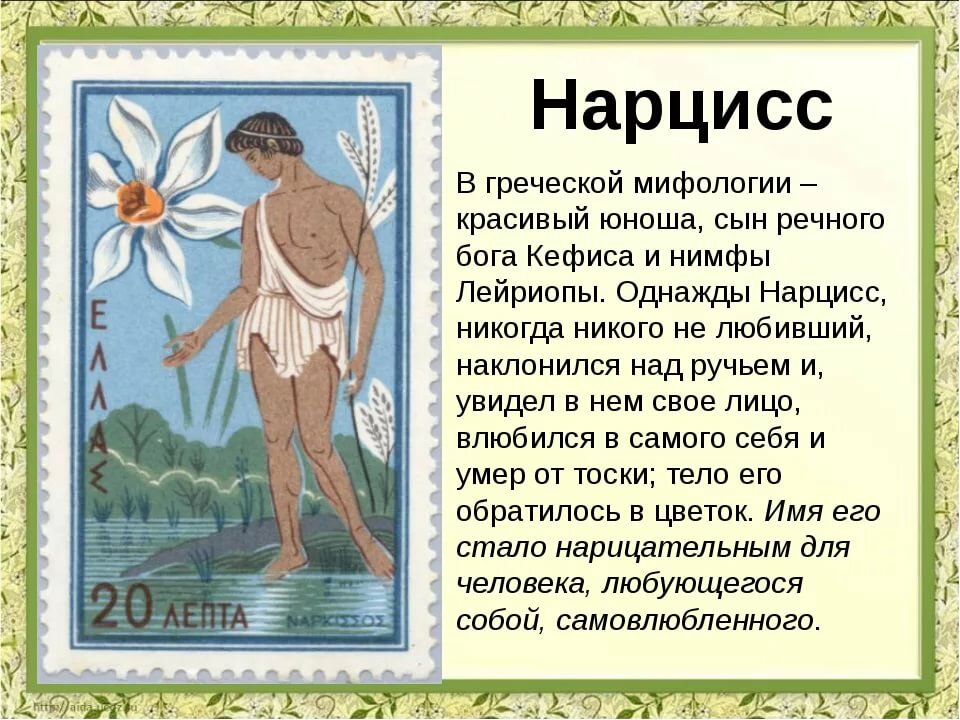
As often as the love-lore boy complained,
"Alas!" "Alas!" her echoing voice returned;
and as he struck his hands against his arms,
725 she ever answered with her echoing sounds.
And as he gazed upon the mirrored pool
he said at last, "Ah, youth beloved in vain!"
"In vain, in vain!" the spot returned his words;
and when he breathed a sad "farewell!" "Farewell!"
730 sighed Echo too. He laid his wearied head,
and rested on the verdant grass; and those
bright eyes, which had so loved to gaze, entranced,
on their own master's beauty, sad Night closed.
And now although among the nether shades
735 his sad sprite roams, he ever loves to gaze
on his reflection in the Stygian wave.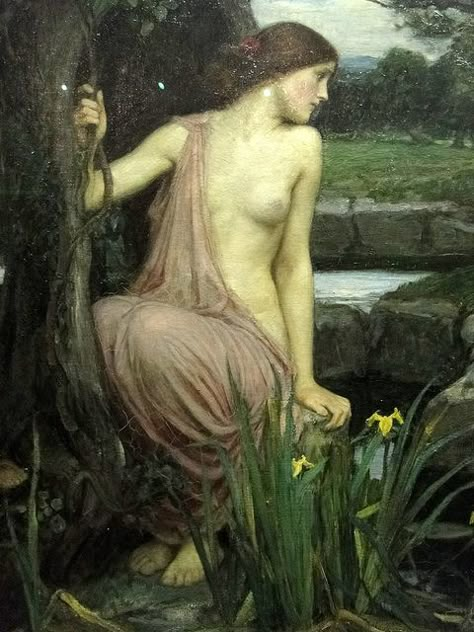
His Naiad sisters mourned, and having clipped
their shining tresses laid them on his corpse:
and all the Dryads mourned: and Echo made
740 lament anew. And these would have upraised
his funeral pyre, and waved the flaming torch,
and made his bier; but as they turned their eyes
where he had been, alas he was not there!
And in his body's place a sweet flower grew,
745 golden and white, the white around the gold.
Narcissus and echo - Balmont. Full text of the poem - Narcissus and echo
Literature
Catalog of poems
Konstantin Balmont - poems
Konstantin Balmont
Narcissus and echo
A narcissus flower, and a cherished sound,
Rising up with an answer, but unanswered.
Above the depths of the water, dead-mirror,
A sad flower freezes fruitlessly,
They are deceived by their beautiful face,
Not heeding external pleas and cries.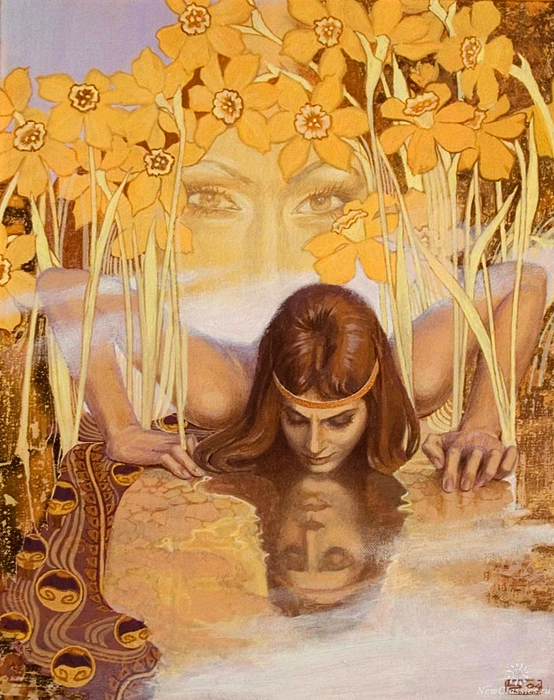
A cherished sound, although external,
Forever permeated with unearthly longing,
Jealous, praying, threatening, prophesying,
And sobbing, and now laughing.
But there is no merging for two beautiful ones,
We stand separately in passionate torments.
And the sounds go out, and the waters are clear
In the soulless realm of deaf Nature.
About nature
Silver Age
Poems by Konstantin Balmont - About nature
Poems by Konstantin Balmont - Silver Age
Other poems by this author
Perhaps
Perhaps in years, perhaps in days,
With you we will be together, and we will be alone.
About love
I am not one of those
I am not one of those whose name is legion,
I am not from the realm of nameless spirits.
Short
But if
But if you are snowy
And if you are frosty -
About love
Yes and no
1
0003
Silver Age
When?
Oh, excitement of life! Oh light and love!
When will we meet again?
Short
Who is whom
I am overtaking. I overtake. I go around. I will overtake.
I overtake. I go around. I will overtake.
I do magic. Whirlwinds I hear. I am warming the harness of the horse.
Short
How to read
Publication
How to read Dostoevsky's "Crime and Punishment"
We talk about a large-scale psychological study of the Russian classic
Publication
How to read Bulgakov's The White Guard
Literary tradition, Christian images and reflections on the end of the world
Publication
How to read Leskov's The Enchanted Wanderer
Publication
How to Read Poetry: Basic Poetry for Beginners
What is Rhythm, How to Distinguish Iambic from Chorea, and Can Poetry Be Without Rhyme
Publication
How to read Shmelev's "Summer of the Lord"
Why religious images play an important role in a work about childhood
Publication
How to read Blok's "The Twelve" poem
Publication
How to read Bunin's "Dark Alleys"
What to look for in order to understand Ivan Bunin's famous story
Publication
How to read Kuprin's "Garnet Bracelet"
What the modern reader should know in order to truly understand the tragedy of an official in love
Publication
How to read Pasternak's "Doctor Zhivago"
Talking about the key themes, images and conflicts of Pasternak's novel
Publication
How to read Nabokov
Motherland, chess, butterflies and color in his novels
Kultura. RF is a humanitarian educational project dedicated to Russian culture. We talk about interesting and significant events and people in the history of literature, architecture, music, cinema, theater, as well as folk traditions and monuments of our nature in the format of educational articles, notes, interviews, tests, news and in any modern Internet formats.
RF is a humanitarian educational project dedicated to Russian culture. We talk about interesting and significant events and people in the history of literature, architecture, music, cinema, theater, as well as folk traditions and monuments of our nature in the format of educational articles, notes, interviews, tests, news and in any modern Internet formats.
- About the project
- Open data
© 2013–2022, Ministry of Culture of Russia. All rights reserved
Contacts
- E-mail: [email protected]
- Found a typo? CTRL+Enter
Materials
When quoting and copying materials from the portal Active hyperlink is required
90,000 NARCISS and ECHOSE (Historical Poems) Nά colle strishes
Νύμφεςτουδάσουςπουέκλαιγε. ΚαιμαζίμετιςνύμφεςφώναξεΗΧΏ.
ΑυτόντοθρήνοπουπετούσεψηλάστονουρανόγιατονΌλυμπο
Απότότε, τολουλούδιτουθανάτουπουονομάζεταινάρκισος . ...
Narcissus and echo
(antique rhyme hexameter)
Nymphs cried, and wept bitterly Echo.
Weeping ascended to Olympus in the heavenly height
And even there it was not heard that day laughter.
Death flower has since been called daffodil.
Where Aphrodite's foot silently trod,
Everywhere flowers bloomed and were beautiful.
The charms of the goddess all people and animals, Charites1 -
Everyone obeyed. And the gods were subject to them.
Happiness and joy, delight and love prompted
In those who bring gifts to her, her respects.
But a cruel sting awaited those punishments,0013 Who rejects both love and goddess gifts.
So punished, defending her laws,
A young man, the offspring of the river god Kefiss
And the forest nymph, his beloved Lavriona,
Cold and heartless son - Narcissa.
Beauty is nowhere to be seen gave passage,
He did not love anyone, only honoring himself.
Only himself he is worthy among the rest of the people
Tender beautiful love with conviction counting.
somehow lay down near the lake after hunting
He relax. There I wandered in a purple tunic
Young Echo, Narcissa saw - oh you!
But she couldn't not say a word to him -
For chatting on Olympus, for interfering
Nicely talk with Zeus to the all-powerful goddess,
Hera brutally punished her with dumbness -
The nymph was before her only in this is guilty.
Was Hera's curse is like a magnolia knife -
young nymph beautiful, with a cheerful disposition
Deprived of speech completely, only allowing to repeat,
To her from that what he hears, the last word.
Echo, hiding behind him watched with delight.
So she left would, but a dry branch crunched.
"Who is there?" Narcissus called, but not loudly.
"Here!" - repeated the beautiful nymph, sighing.
Louder Narcissus: "Hey, come here!" - calls out.
Echoes: "Here!" - young Echo is not loud to him.
He looked around: "Come to me!" - without even knowing
What the A sweet stranger is hiding in the trees.
Joyfully nymph: "To me!" - responded and left,
hands to him holding out. He rejects her:
"How tired women breathe down my back!”,
Echo, offended cruel in tears runs away.
These words Aphrodite accidentally heard,
Strongly was angry: “Well, so you love the same!
Only you you will be just as cruelly humiliated,
cold there will be someone who will be closer to you all"
Fast the goddess of vengeance overtook Narcissus
He, leaning over the still water
To wash, saw my reflection
in the waters lacustrine deep mirror cool -
beautiful with a regal article.
And it seemed it is suddenly just as beautiful,
Like him myself. And instantly filled with grace
Heart Narcissa, he fell in love strangely and passionately.
He, bent (close) over the water mirror,
"Us only a cold strip separates the water.
come out to me, I beg you!" - from passion heat
broke free a cry of despair, a plaintive exclamation.
Long looked at himself until sunset.
Understood Narcissus, that his request will not be fulfilled,
What is so dry up his love, wept bitterly.
Here they fell burning tears from his eyes
In the mirror water. Muted circles in succession
Lakes are smooth. The reflection immediately disappeared
"Where are you? - Narcissus shouted here - Stay with me!
Give look at you, come back!”. It's no use...
A young man in an instant turned pale and felt soon,
Life forever leaves a beautiful body.
Way down head bowed. He whispered: "Oh, grief," -
Echo: "Oh woe!" - repeated after him and sat down
Next to Narcissus. "Farewell," - said barely audible,
Hush her repeated: “Goodbye,” and froze.